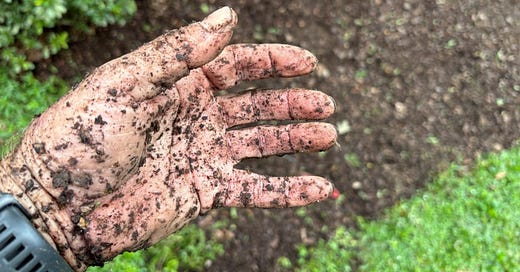Adaptation
An essay by ecologist, writer, and Mississippi transplant Christopher Norment on adapting to a new age and environment.
There’s a joke about summers in Mississippi that I like: try not to go outside between 11:00 am and October first. There’s a kernel of truth there, but because I am an outdoors person and Mississippi is now my home, I need to be happy in its summer sweat-farm outside world of here and now. But there’s a problem with my goal: at seventy-three, I’m not well adjusted, physically and psychologically, to Mississippi’s summer weather. I spent the first seven decades of my life in more benign climates, where the heat and humidity rarely double-teamed me into lassitude, dehydration, and maybe a touch of heat exhaustion, and there’s no way that I can stare down 90°F-plus air temperatures when they’re combined with relative humidity levels that often rise above 90%. I prefer my heat very dry; otherwise, I’m likely to become shaken and stirred.
What the Mississippi summer demands of me, then, is one form of biological adaptation: short-term adjust…
Keep reading with a 7-day free trial
Subscribe to Rooted Magazine to keep reading this post and get 7 days of free access to the full post archives.




